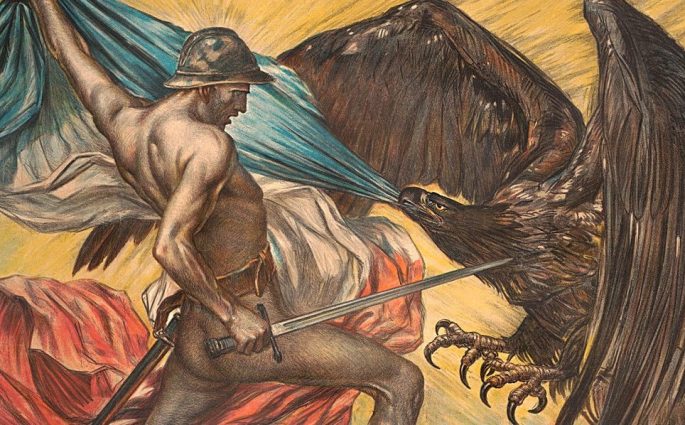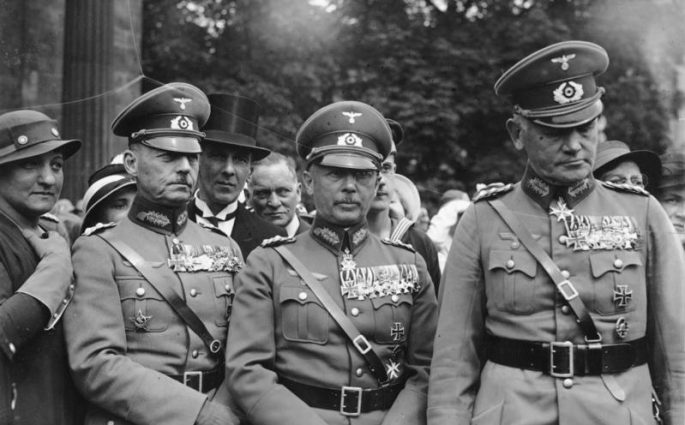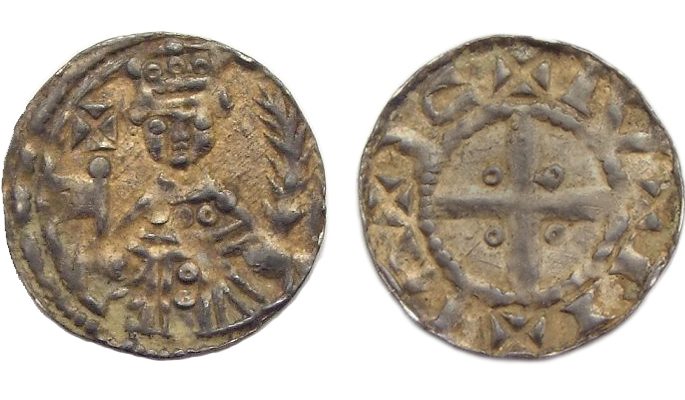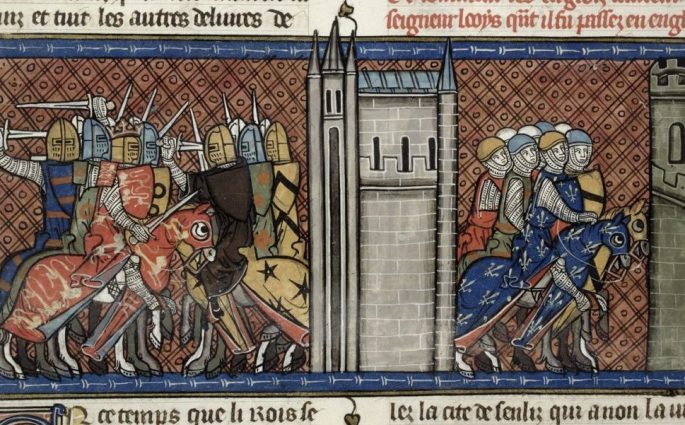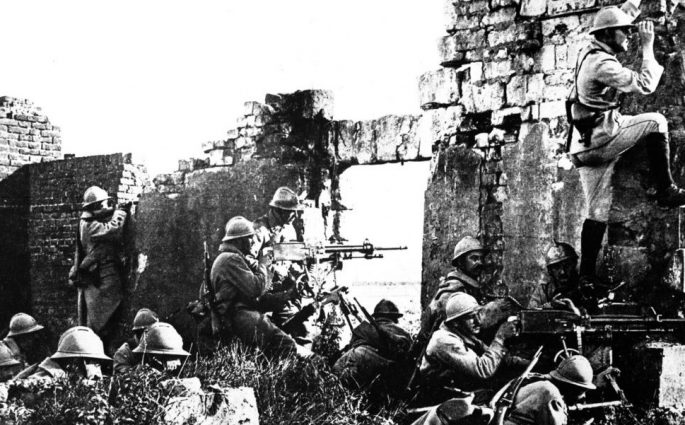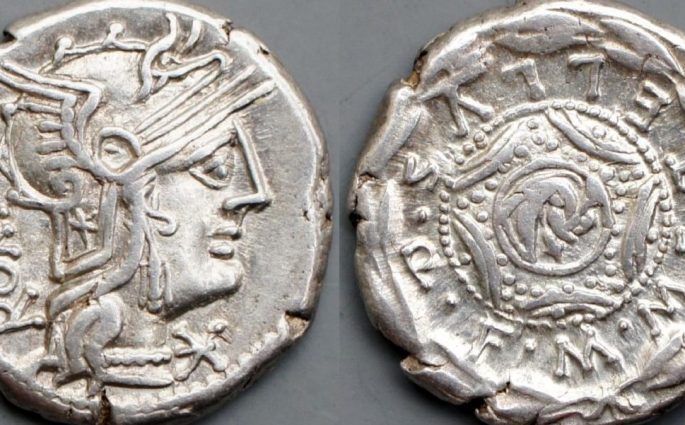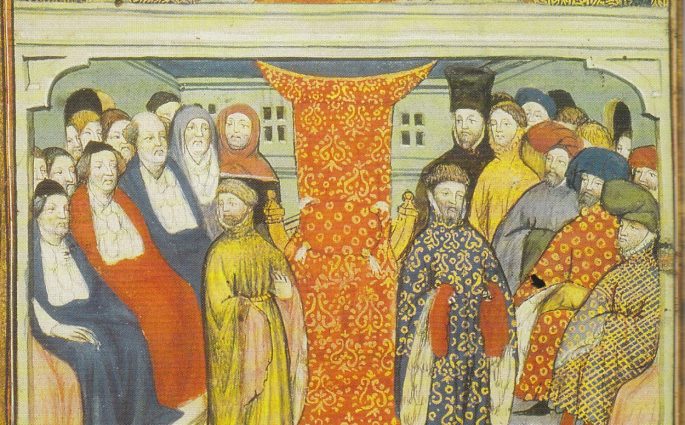The Invention of the Modern Soldier
Libby Murphy— During the Great War, French soldiers struggled to make sense of their experience, both for themselves and for their compatriots. Soldier-writers used fiction to recalibrate civilians’ expectations about the war and to teach them to see through the “skull-stuffing” of the mainstream media—exaggeration, euphemisms, and outright lies. Many of

